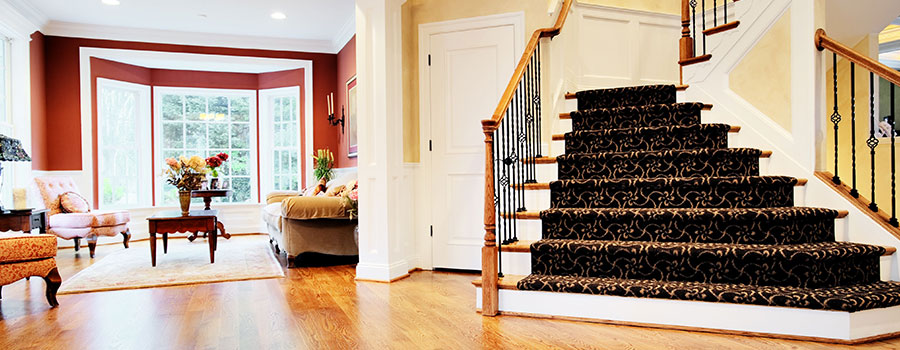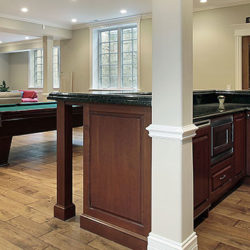You can improve your living space without moving by adding to your house. If you add an extra room or a second floor to your current layout, everyone will have their own space.
If you are a homeowner and want to raise the value of your home, adding a few square feet can be a great way to do so. Adding a bathroom, master bedroom and bathroom, sunroom, or second story can significantly raise the value of your home when it comes time to sell it.
When you are planning, budgeting, and designing a home addition, there are several things you need to pay attention to for you to have a great addition. These things, as given by home addition companies, include:
Define the reason for the addition
Ask yourself why you want to add on to your house. You should tell the contractors on the job what your goals are, like giving your kids more space or giving your guests their bathroom.
They usually know the easiest way to schedule these repairs so that the renovation project meets your goals and causes you the least trouble.
Understand the permits and restrictions involved.
When you add on to your house, you need permits and inspections from the city or county. These restrictions are meant to keep things from going wrong in the future and make sure that the building meets all the rules.
Also, getting the right permits and inspections is important to ensure the work is done right, which is important when selling a home.
If you know about the necessary permits, the structure might be safer than it is. Check out your city or county’s building and zoning websites to learn about your area’s restrictions.
Most permits are for electrical, plumbing, and gas, but depending on where you live, there could be many more checks, like a limit on how many stories you can access well or sewer water sources.
Some rules say how close your building can be to your neighbors, the curb, or the lots on either side. You should note that you might have to do a property survey to ensure that your planned addition doesn’t break any rules about property lines.
In many jurisdictions, the homeowner, not the contractor, is the one who needs to ask for and get these permits, so make sure you know who is in charge of each step.
Have the proper budget.
Remodeling can be expensive. Consider the current value of the whole house to get an idea of how much your remodeling project will cost. A significant addition will probably cost at least 10–15 percent of your home’s value.
After talking to contractors about how much the work will cost, figure out how you will pay for it. Paying with your savings, a loan, or a home equity line of credit?
The budget has to fit into the amount of money that is available. You can be creative with how you pay, and many contractors would rather have a payment plan than one big lump sum.
To save money, you could do some demolition work yourself, use old or antique fixtures, buy supplies, or be the main project manager.
Work with the right contractor.
When working with the right contractor, you will only have a smooth home addition project.
For a great experience, take your time and find the right professional. You should get bids from more than one contractor and then compare their terms, timelines, and customer reviews.
Ensure the home addition contractors DC you choose to know what you want and how much the project will cost. Also, discuss and agree on handling problems when they arise.



